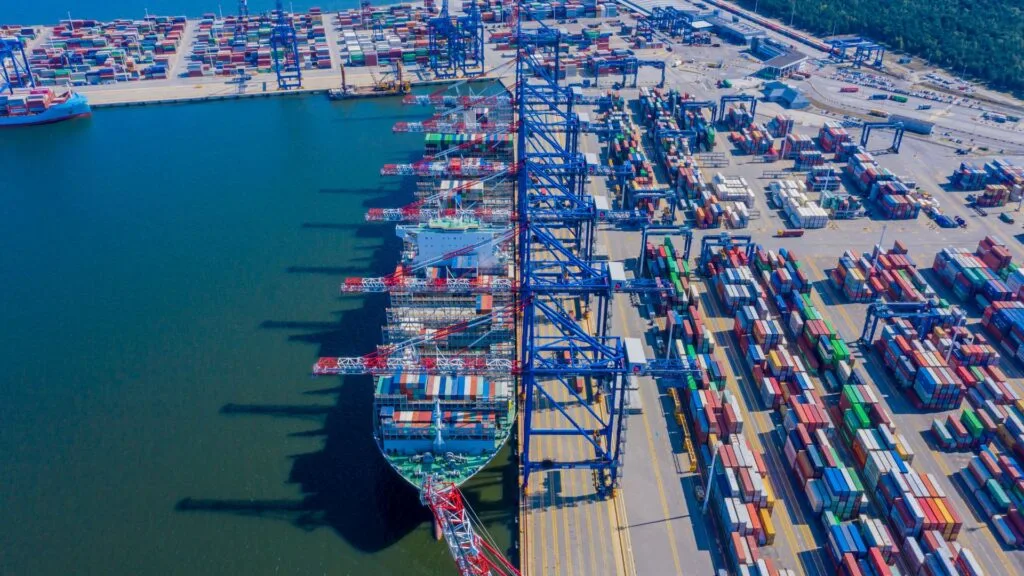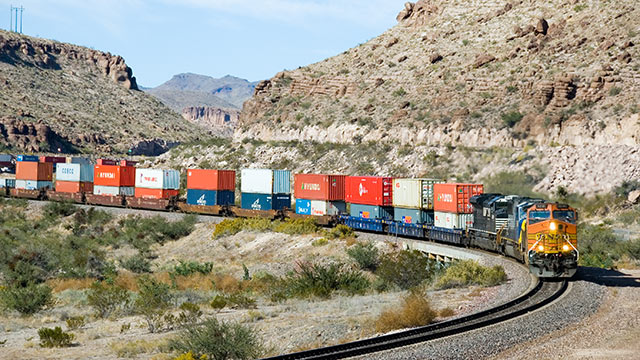- By Della tj
- November 10, 2025
- Sea Freight, Shipping
Shippers moving goods across long distances often rely on reliable sea freight from Shenzhen to Belgium because it combines cost efficiency with stable transit schedules. Although air freight is significantly faster, sea freight provides predictable capacity, lower transportation costs, and flexible options for both FCL and LCL shipments. Moreover, Belgium’s strategic ports—especially Antwerp and Zeebrugge—enable efficient distribution across Europe.
What Makes Sea Freight From Shenzhen to Belgium Reliable?
Sea freight remains the backbone of global trade because it offers large-volume capacity, stable rates, and structured sailing schedules. Although delivery takes longer than air freight, reliable sea freight from Shenzhen to Belgium ensures consistent service for exporters shipping electronics, machinery, clothing, home goods, and industrial components. Additionally, Belgian ports serve as major gateways to France, Germany, the Netherlands, and Luxembourg.
| Method | Transit Time | Cost Level | Strengths | Weaknesses |
|---|---|---|---|---|
| Sea Freight | 28–40 days | Low | Cheapest for large cargo | Slow |
| Air Freight | 5–9 days | High | Fast | High cost |
| Rail Freight | 18–25 days | Medium | Balanced | Limited Belgium access |
| Express Courier | 3–7 days | High | Door-to-door | Very expensive |
Moreover, sea freight provides excellent stability for seasonal shipments due to its predictable operational model.
How Much Does Sea Freight Cost From Shenzhen to Belgium?
Sea freight pricing depends on container type, seasonality, surcharge levels, carrier availability, and destination port. Although market conditions fluctuate, stable averages remain consistent throughout the year.
| Container Type | Estimated Cost (USD) |
|---|---|
| 20GP | $1,450 – $2,200 |
| 40GP | $2,400 – $3,400 |
| 40HQ | $2,600 – $3,650 |
| LCL (per CBM) | $85 – $140/CBM |
Additionally, chargeable items such as terminal handling charges (THC), documentation fees, and inland trucking vary depending on the delivery location inside Belgium.
How Long Does Sea Freight Take From Shenzhen to Belgium?
Transit times depend on the carrier route and transshipment port. Although direct routes offer faster delivery, most services connect through Singapore, Colombo, or Middle Eastern hubs.
| Destination | Transit Time |
|---|---|
| Port of Antwerp | 30–36 days |
| Port of Zeebrugge | 32–38 days |
| Brussels (via inland truck) | +2–4 days |
| Ghent (via inland truck) | +2–4 days |
Furthermore, customs procedures in Belgium are efficient when documentation is accurate, helping importers avoid unnecessary detention charges.
What Documents Are Needed for Sea Freight to Belgium?
Belgium, as part of the EU, follows strict import documentation guidelines. Although requirements vary by product category, core documents remain consistent for most shipments.
| Document | Purpose |
|---|---|
| Bill of Lading | Contract for sea shipment |
| Commercial Invoice | Declares customs value |
| Packing List | Confirms goods & dimensions |
| HS Code | Determines duty & VAT |
| CE Certification | Required for regulated goods |
| MSDS | Mandatory for chemicals/batteries |
| EORI Number | Required for EU importers |
Additionally, accurate classification helps prevent customs delays and re-inspection requests.
Why Choose Sea Freight Instead of Air or Rail for Belgium Shipments?
Sea freight is ideal for non-urgent, large-volume cargo. Although air freight offers speed and rail freight offers balanced transit time, sea freight remains the most cost-effective option.
| Mode | Pros | Cons |
|---|---|---|
| Sea Freight | Lowest cost, large volume | Slow transit |
| Air Freight | Fastest option | High cost |
| Rail Freight | Balanced speed & cost | Limited Belgium connectivity |
| Express | Door-to-door convenience | Only for small shipments |
Moreover, sea freight provides scalable capacity during peak manufacturing cycles.
Real Case Studies: Sea Freight From Shenzhen to Belgium
Case 1: Shenzhen → Antwerp (Household Electronics, 40HQ)
Cargo Volume: 68 CBM
Cost: $3,180
Transit Time: 33 days
The importer required competitive rates and predictable arrival before a sales campaign. FCL ensured secure loading and timely warehouse delivery.
Case 2: Shenzhen → Zeebrugge (Furniture, 20GP)
Cargo Weight: 9.5 tons
Cost: $1,890
Transit Time: 35 days
The wooden furniture required careful packing and fumigation. Smooth customs handling prevented delays during EU compliance inspections.
How to Reduce Sea Freight Costs From Shenzhen to Belgium
Although sea freight is already cost-efficient, additional strategies can further reduce expenses.
- Ship during off-peak seasons
- Optimize container loading to maximize CBM usage
- Avoid unnecessary terminal storage fees
- Consolidate LCL shipments to reduce per-CBM cost
- Use direct-sailing routes to reduce transshipment
- Work with experienced forwarders for better carrier rates
Additionally, properly labeling cargo prevents customs checks that may result in delays and extra charges.
How to Choose a Reliable Sea Freight Forwarder in Shenzhen
The right freight forwarder ensures stable scheduling, proper documentation, and secure container loading. Although many providers offer ocean freight, only experienced firms ensure consistent results.
- Strong carrier partnerships (MSC, Maersk, COSCO, CMA CGM)
- Transparent pricing and no hidden surcharges
- Belgium-route expertise with Antwerp and Zeebrugge
- Skilled documentation and customs knowledge
- Accurate container stuffing and cargo securing
- Real-time tracking and proactive communication
Furthermore, forwarders with multimodal networks provide fast inland distribution throughout Belgium and surrounding EU regions.
Conclusion
Choosing reliable sea freight from Shenzhen to Belgium ensures predictable delivery times, competitive container pricing, and strong customs compliance. Although sea freight takes longer than air options, it remains the most cost-effective method for large shipments. By partnering with a trusted sea freight forwarder, businesses gain streamlined logistics, stable European distribution, and long-term supply chain efficiency.
- Consult TJ China Freight Forwarding for the lowest quote. They will provide you with reliable, cost-effective service.
FAQs
Q1.How can I reduce sea freight costs to Belgium?
Optimizing container loading and choosing off-peak schedules reduces expenses and supports stable Shenzhen-Belgium shipping efficiency.
Q2.Do Belgium ports handle customs quickly?
Accurate documentation speeds clearance, helping shipments move faster through Antwerp and Zeebrugge customs checks.
Q3.Are CE documents required for certain imports?
CE certification is required for regulated goods, helping ensure compliant Shenzhen-to-Belgium sea freight processing.
Q4.Can fragile goods be shipped by sea freight?
Proper packaging and container stuffing protect fragile cargo while maintaining reliable transit performance.
Q5.Is LCL sea freight suitable for small shipments?
LCL consolidation is ideal for low-volume cargo, offering flexible and cost-efficient delivery to Belgian destinations.





